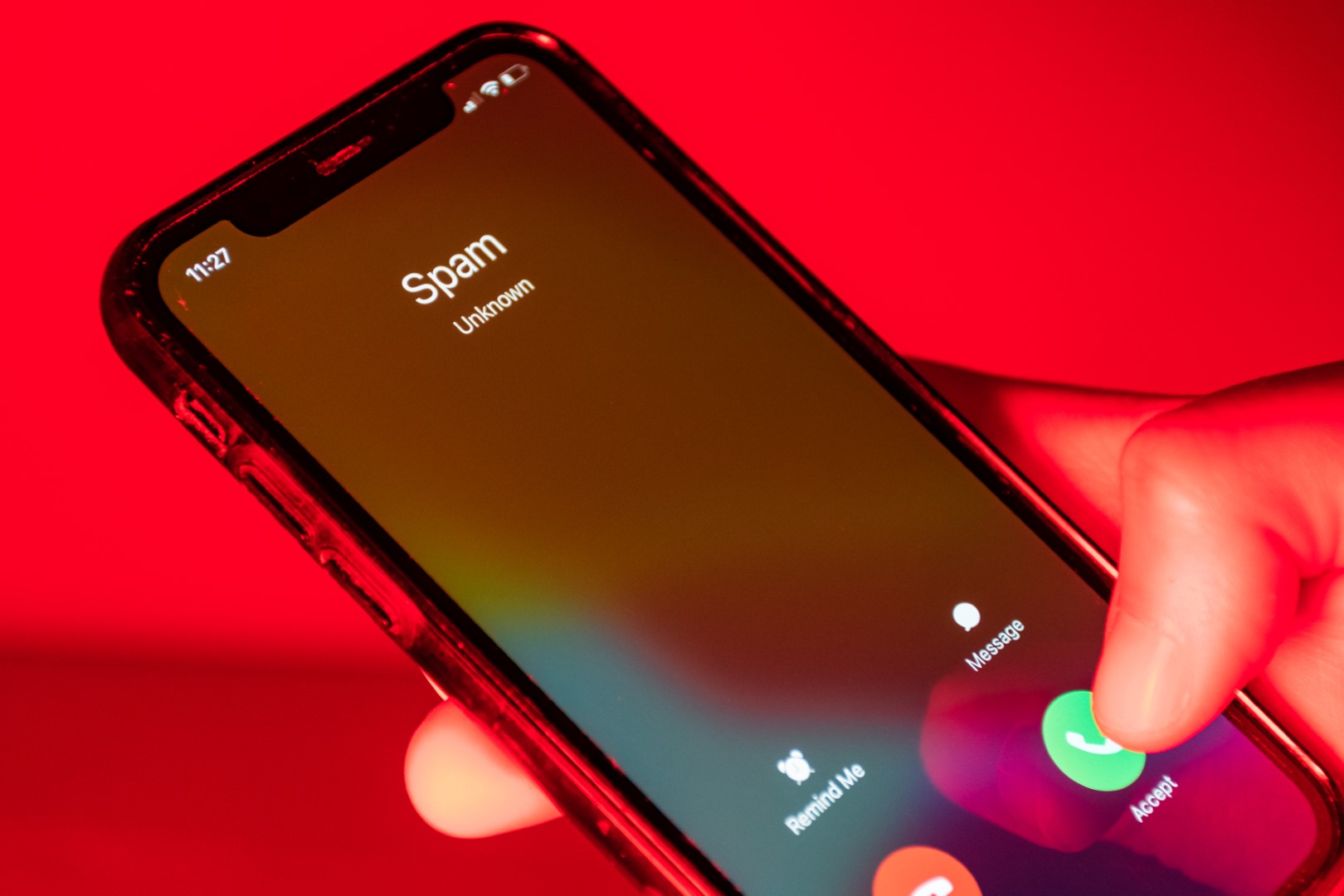
The newest scam and spam calls and how to avoid them
By Jessica Berget, Assistant Editor
The Canadian Government website states that as of the end of February, there were 11,266 reports, 7,646 victims of these frauds, and more than $34.5 million lost in Canada from these scams.
With March being Fraud Prevention Month and the rise scam call reports during this pandemic, it’s important to know what kind of scams are circulating in your area.
Near the beginning of the pandemic in August, the Canadian Anti-Fraud Centre reported that reports of scam calls were increasing. In fact, in the first half of 2020, there were more than 23,000 reports in connection with telephone calls asking for people’s money or SIN card number. Overall, there were 69,411 reports in the year 2020 and the Canadian Government website states that as of the end of February, there were 11,266 reports, 7,646 victims of these frauds, and more than $34.5 million lost in Canada from these scams (down from $107.5 million last year—but we’re only three months into the year).
Of the many scams that are circulating, some of the most common ones are phone calls, emails, or even text messages claiming to be from Canada Revenue Agency (CRA) or Service Canada. The scammer then tell potential victims that they either owe money to the government, that they are at risk of being deported or going to jail, or that they won a prize and need to send a gift card to receive said gift. One CTV News article from last month even mentions reports of a new scam posing to be from Amazon and that there is something wrong with your account such as a lost package, unfinished order, or a fraudulent charge. In these cases, consumers report that the callers then asked for their account information, credit card number, or remote access to their computers. Police remind people that government organizations like Service Canada or CRA will never call you asking for personal or financial information, ask you to send or pay crypto currency, leave threatening messages, use aggressive and insistent language, or threaten you with arrest—and especially never ask for remote access to your computer.
These reports prompted a warning from the Better Business Bureau, who warns about the effects of these calls on businesses. “In December we tracked 28 calls, in January 93 calls, and this week alone 41 calls,” said Karla Laird, manager of community and public relation from BC’s Better Business Bureau in the previously mentioned CTV News article. “The con artists are also spoofing other organizations’ phone numbers to help disguise their calls and lend them credibility. Some of these numbers have been connected back to Canadian small businesses and even BBB offices in the United States.” Consumers who receive these calls claiming to be from Amazon asking for personal information are advised to ignore them.
But now, many fraudsters are exploiting the COVID-19 pandemic and using that as ammo for their scams. On newly reported scam from this month asks callers for personal information to book a COVID-19 vaccine appointment. West Vancouver RCMP reminds people at this stage in the vaccination process no one should be calling anyone to book an appointment and to hang up immediately if you receive this call.



